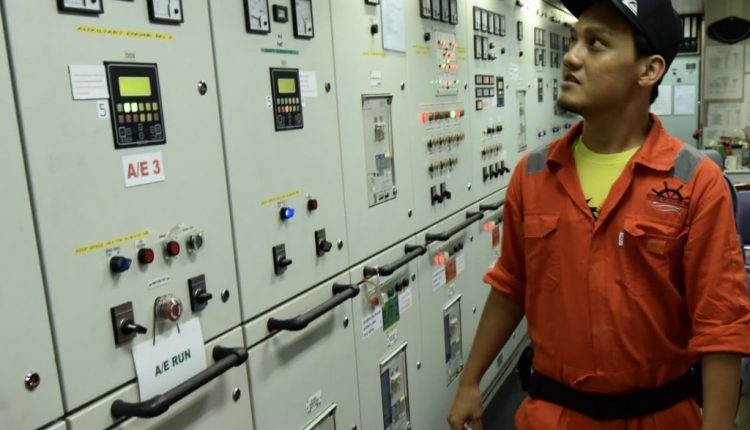3 things to remember when implementing industrial IoT projects in 2020
UNDERSTANDING the industrial internet of things (IoT) isn’t hard, especially with the rapid growth of consumer-driven IoT devices such as smart homes and intelligent assistants.
However, in the industrial environment, many companies are still in the pilot phase when it comes to rolling out large-scale IoT projects.
In 2020, business managers and leaders will have no option but to accelerate the pace of change with industrial IoT projects, especially because of the massive improvements it offers in terms of safety, quality, and productivity.
Overall, a lot of companies are interested in industrial IoT projects and understand that it is a fundamental building block of things like intelligent robotics and smart factories but to get moving with industrial IoT, they need to remember these three things:
# 1 | Driving ahead with analytics
Analytics is crucial to companies in the digital age. Industrial IoT will generate a lot of data and companies that want to truly leverage the technology will need to drive ahead with analytics at the same time.
Those that fail to use the data to optimize processes will fail to get value out of their systems causing them to delay the returns and ROI.
# 2 | Leveraging intelligence
When factories use the industrial IoT, they have access to plenty of data that can be leveraged in a way that helps other parts of the business.
Ultimately, this data can be used to feed into artificial intelligence (AI) models that support decisions that impact pricing or customer as well.
Failing to optimize the industrial IoT platform for intelligent systems can create challenges in the future, whereas, thinking about it in advance and creating a strategy that pre-empts the needs of the business with regards to insights will help significantly in the future.
# 3 | Software and security
Software is something businesses always need to think about when developing IoT solutions, whether it is for the corporate environment or the industrial environment.
Failing to upgrade software and impacting the security of the systems, as a result, could have serious consequences for any organization, defeating the purpose of the IoT project entirely.
Experts from all fields recommend that organizations pay extra attention to software and security requirements of their industrial IoT deployments.


